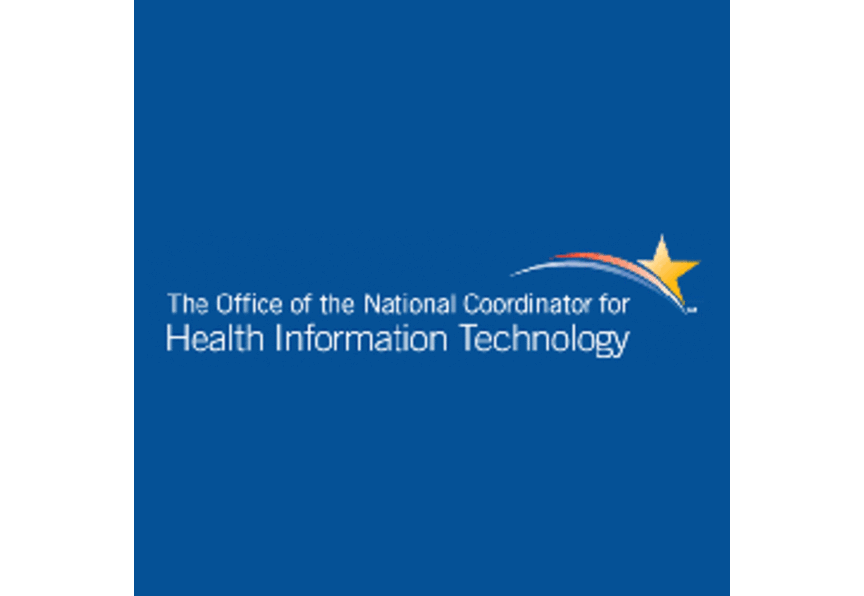About the Challenge
BACKGROUND
Medical devices will play an increasingly large role in the monitoring and collection of patient data with the spread of electronic health records. As patients take a more direct role in managing their health care, devices that are implanted or are used in the hospital, clinic, or home must be easy to use and monitor. The reporting of adverse events related to these devices is a logical area to start.
The United States has a limited system for the post-market surveillance of medical devices, specifically as it relates to monitoring product safety and effectiveness. The US Food and Drug Administration (FDA) operates the Manufacturer and User Facility Device Experience (MAUDE) database, which catalogs reports of adverse events involving medical devices used in all settings going back to 1991.Although MAUDE includes a wealth of data, the passive surveillance used to collect the data has a number of limitations. First, as is typical of other passive systems, variable and significant underreporting of adverse events is common. Submitted data is highly variable in quality and is largely de-identified, making it difficult to analyze trends on a patient or provider level. Finally, MAUDE data is updated only on a monthly basis, which makes tracking adverse events in real-time not possible and delays the recognition of emerging device issues.
In order to improve the post-market surveillance of medical devices it is important to innovate beyond the MAUDE database concept. In particular, a system is needed that would: 1.) increase the rate of reporting of adverse events and, more importantly, improve the quality of the reported data; 2.) collect and analyze more information that characterizes both patients receiving medical devices and the providers distributing or implanting those devices to make it possible to identify trends better; and 3.) make the data much more dynamic with continuous updating to identify trends in real-time.
CHALLENGE DESCRIPTION
The “Reporting Device Adverse Events Challenge” asks multi-disciplinary teams to develop an application that facilitates the reporting of adverse events related to medical devices, whether implanted or used in the hospital, clinic, or home. This application would:
- Make it easy for patients to report adverse events that occur with any medical device to their provider;
- Enable providers to import relevant EMR or PHR data to the patient report and, in turn, submit it to the MAUDE system;
- The application only needs to be able to download data from one or more systems and does not need to be fully integrated across all EMR/PHR platforms;
- Capture useful demographic and other relevant information from each patient including age, gender, race, relevant diagnoses, and following physician;
- Capture information about the type of device used, the individual who implanted or distributed the device, and where the implantation or distribution occurred;
- Be platform-agnostic and easily accessible; and
- Leverage and extend NwHIN standards and services including, but not limited to, transport (Direct, web services), content (Transitions of Care, CCD/CCR), and standardized vocabularies
JUDGING CRITERIA
Each submission will be judged according to the following criteria. Winning entries should:
- Effectiveness of the system in facilitating adverse event reporting
- Usability and design from the standpoint of all stakeholders
- Ability to integrate with electronic health records and other data sources
- Creativity and Innovation
- Leverage NwHIN standards including transport, content, and vocabularies
SUBMISSION CRITERIA
To register for this challenge participants should:
- Access the ONC Investing in Innovation (i2) Challenge website at:
- http://www.health2challenge.org/category/onc/
- A registration link for the challenge can be found on the landing page under the challenge description
- Access the www.challenge.gov website and search for the “Reporting Device Adverse Events Challenge”.
- A registration button and related link for the challenge can be found at the top of the right hand column of this page. Teams are asked to register to help Health 2.0 and the challenge sponsor anticipate resources needed to manage the project.
- Registered teams may receive updates from Health 2.0 and the Sponsor during the submission period that provide useful information with regards to the competition.
- There are no additional forms or steps required after submission of the registration form. Instructions on how to submit an entry will be sent prior to the close of the submission deadline. Teams are not bound or limited by the proposal description submitted in the registration form and may update or modify their projects as needed prior to final submission.
Important dates
- Submission Period:
- Start: Sep 12, 2011 12:00 AM EDT End: Feb 04, 2012 12:00 AM EST
- Winners announced:
- Feb 20, 2012 12:00 PM EST



